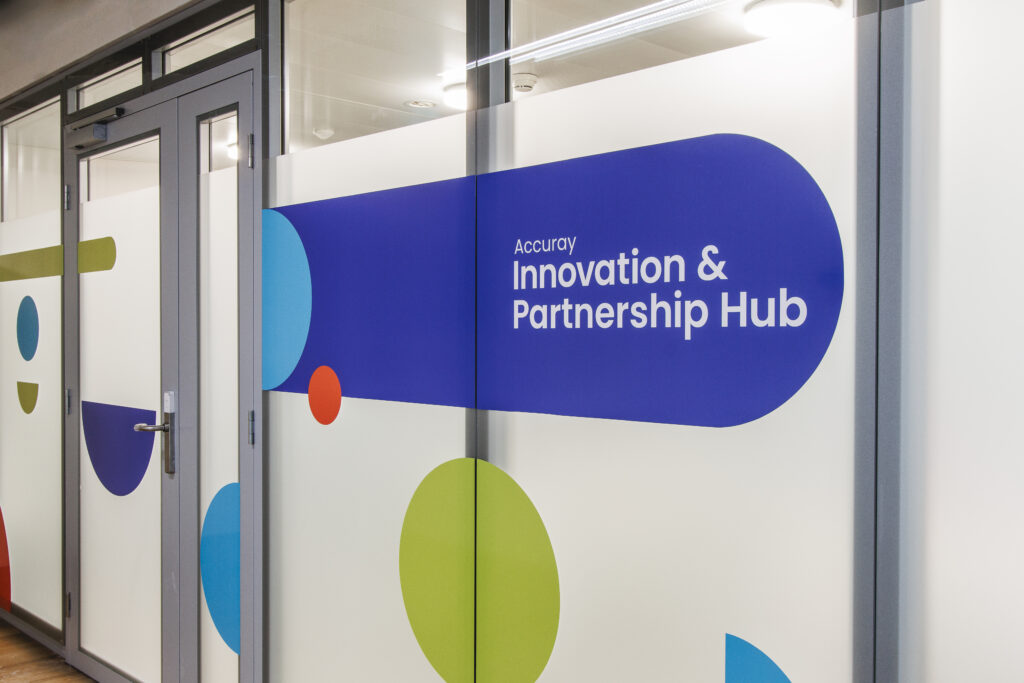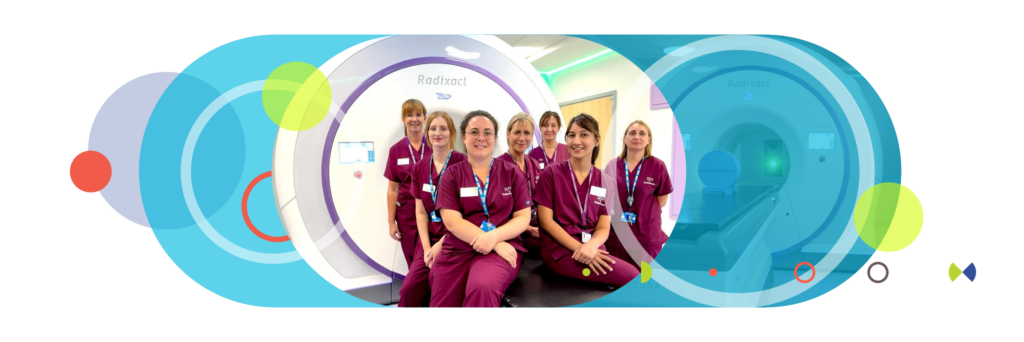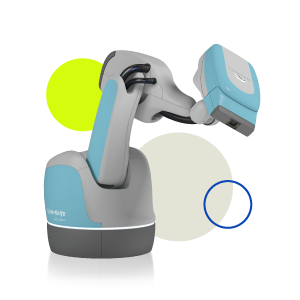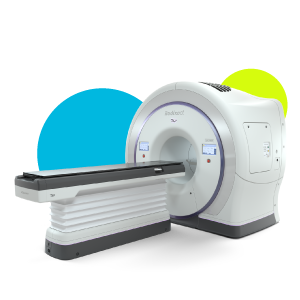The Royal Marsden, in London, UK, opened its doors in 1851 as the world’s first hospital dedicated to cancer diagnosis, treatment, research and education. Today it operates as a specialist cancer hospital and National Institute for Health and Care Research (NIHR) Biomedical Research Centre for Cancer, working closely with its principal academic partner, the Institute of Cancer Research (ICR). The Royal Marsden and the ICR are ranked in the top five cancer centres in the world for the impact of their research, treating over 59,000 patients every year, including those from the UK’s National Health Service (NHS) and private patients. The Royal Marsden operates from two centres, in Chelsea and Sutton, and also has a Medical Daycare Unit at Kingston Hospital.
We interviewed Therapeutic Radiographer, Shabanaz Boodhoo, Adaptive Workflow Operational Superintendent on her experience with the introduction of the latest Radixact® System to The Royal Marden at the Sutton department.
At The Royal Marsden NHS Foundation Trust, the pursuit of excellence in patient care is paramount. Shabanaz Boodhoo said: “In the Sutton department, the hospital proudly operates six linear accelerators, one MR Linac, one CyberKnife® System, and now has recently acquired two Radixact Treatment Delivery Systems, replacing the two oldest c-arm linear accelerators. These technological advancements enable radiation therapy treatment of approximately 6,000 patients annually.”
Collaborative Efforts for Seamless Implementation
Shabanaz Boodhoo says: “The success of implementing advanced technology is largely due to the strong and collaborative relationship maintained with medical physics and clinical oncology colleagues. The multidisciplinary team (MDT) approach, supported by a comprehensive project plan and regular meetings, has ensured the smooth and timely implementation of these new systems.”
Training and Preparation
“The entire installation process of the first Radixact System, from start to treating the first patient, was a seamless experience. The core team had the privilege of attending training sessions in Switzerland, delivered by Accuray at the Genolier Innovation Hub. The hands-on training was insightful and equipped the team with the knowledge and skills needed to operate the Radixact System in a safe and effective manner,” reports Shabanaz Boodhoo.

At The Royal Marsden NHS Foundation Trust, the pursuit of excellence in patient care is paramount. Shabanaz Boodhoo said: “In the Sutton department, the hospital proudly operates six linear accelerators, one MR Linac, one CyberKnife® System, and now has recently acquired two Radixact Treatment Delivery Systems, replacing the two oldest c-arm linear accelerators. These technological advancements enable radiation therapy treatment of approximately 6,000 patients annually.”
Collaborative Efforts for Seamless Implementation
Shabanaz Boodhoo says: “The success of implementing advanced technology is largely due to the strong and collaborative relationship maintained with medical physics and clinical oncology colleagues. The multidisciplinary team (MDT) approach, supported by a comprehensive project plan and regular meetings, has ensured the smooth and timely implementation of these new systems.”
Training and Preparation
“The entire installation process of the first Radixact System, from start to treating the first patient, was a seamless experience. The core team had the privilege of attending training sessions in Switzerland, delivered by Accuray at the Genolier Innovation Hub. The hands-on training was insightful and equipped the team with the knowledge and skills needed to operate the Radixact System in a safe and effective manner,” reports Shabanaz Boodhoo.
Operational Plans and Future Goals
She goes on to explain how the Radixact System will benefit the radiotherapy department. “The Radixact System stands out as a unique technology compared to conventional linear accelerators (linacs). The treatment workflow is both fast and efficient, and the ClearRT® helical kVCT images produced are of exceptional quality. With three different scanning modes, the team is able to verify patient anatomy and positioning prior to delivering treatment, enhancing precision and safety.”
“Currently, a dedicated team operates the Radixact System, and plans are in place to rotate more staff, ensuring a broader range of expertise and familiarity with the system.”
Go-Live Event and Clinical Focus
“The Go-Live event was a momentous occasion, supported by the Accuray team on-site. The initial focus was on areas that would benefit the most clinically, such as treatments for long pelvic volumes and head and neck tumors. As the second system gets installed next year, additional treatment sites will be explored, ultimately aiming to treat as many patients with the Radixact Systems as with conventional linacs” says Shabanaz.
Delivering Cutting-edge Treatment Options
The hospital is thrilled to incorporate the Radixact System, the latest generation TomoTherapy® platform, into its radiotherapy treatment offerings. This advancement would not have been possible without the generous support of The Royal Marsden Cancer Charity, to whom the hospital is deeply grateful. The addition of the Radixact System is a significant step forward in the commitment to delivering cutting-edge treatment options for patients’ benefit.
Stay tuned for more updates as capabilities continue to be enhanced, providing the highest standard of care.
The views contained and expressed in this blog, are those of the author and do not necessarily reflect the views or policies of Accuray Incorporated or its subsidiaries. No official endorsement by Accuray Incorporated or any of its subsidiaries of any vendor, products or services contained in this blog is intended or should be inferred









